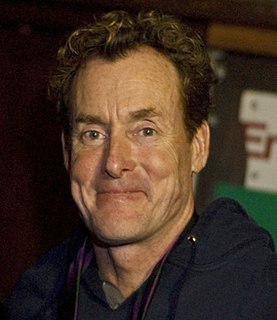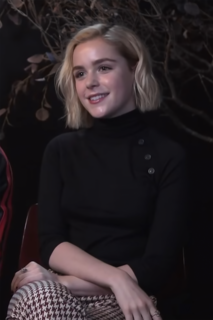A Quote by Stewart Butterfield
I was pretty entrepreneurial as a kid. I had a lemonade stand. When I was 12, I arbitraged the price of 7-Eleven hot dogs; I'd buy the ones that are pre-wrapped with the bun and then sell them on the beach.
Related Quotes
Investing is the intersection of economics and psychology. The analysis is actually the easy part. The economics, the valuation of the business isn't that hard. The psychology - how much do you buy, do you buy it at this price, do you wait for a lower price, what do you do when it looks like the world might end - those things are harder. Knowing whether you stand there, buy more, or whether something has legitimately gone wrong and you need to sell, those are harder things. That you learn with experience, by having the right psychological makeup.
For me, I was born in the Bronx, and I moved to Virginia Beach, Virginia at a very young age. I had the luxury of going back to New York, visiting my grandmother who would spoil me endlessly, and I could buy whatever was the hot kicks in the summertime of 1990. Being able to shop and then going back to Virginia Beach, where they weren't as fast in regards to fashion, I had that luxury.

































